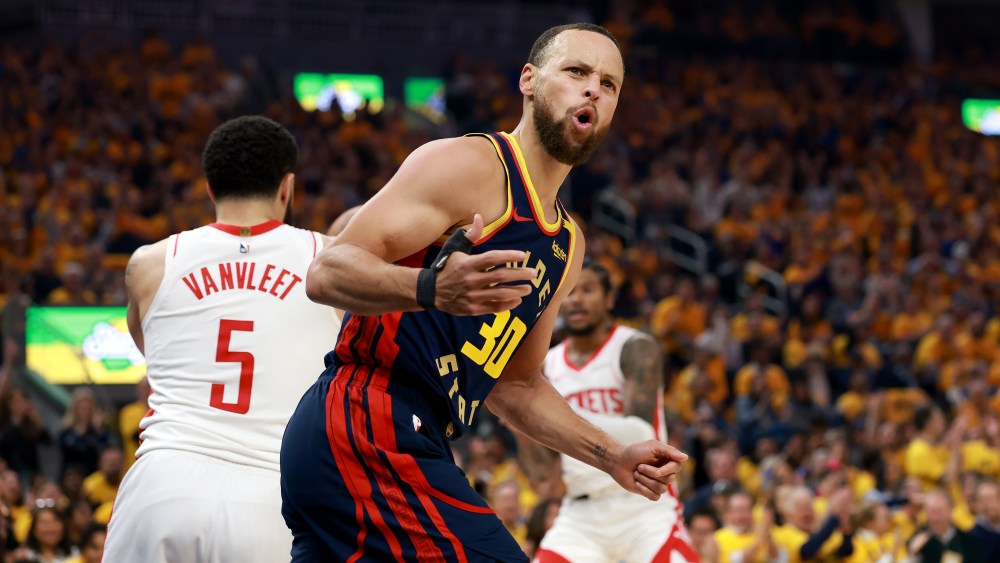A tough bounce — the loss of rights to show NBA games — likely crimped Warner Bros. Discovery‘s ability to attract advertising dollars during the most recent TV “upfront” market, with the company declining to reveal its level of ad commitments despite most of its rivals having done so.
The company acknowledged Thursday in a letter to shareholders that “negotiations for the U.S. upfront are largely complete,” noting that it “enjoyed strong pricing and resilient demand for sports programming, and firm pricing for general entertainment.” But there was no guidance for whether the volume of ad commitments it secured was greater than, equal to, or lower than what it nabbed in 2024. In the past, such an absence of disclosure has indicated a downturn in upfront commitments.
Warner was projected to lose $1.1 billion in TV advertising in 2026, approximately 23% of its total this year, according to a March research note by Robert Fishman, an analyst with MoffettNathanson, due in significant part to the absence of the NBA on its networks for the first time since 1989. In the upfront, U.S. TV companies try to sell the bulk of their commercial inventory tied to their next cycle of programming. Warner Bros. Discovery on Thursday declined to offer any details on the volume of deals it secured in this year’s upfront market.
Indeed, one of the companies that secured a new rights deals with the basketball league said its upfront deals hit record levels. NBCUniversal said in August that its new 11-year deal for NBA rights resulted in a 15% increase in “upfront” ad commitments across its core broadcast offerings of news, sports and entertainment, with a quarter of its NBA sponsors new to traditional linear TV.
NBCU, Disney, Fox, Paramount and TelevisaUnivision have all offered guidance on volume tied to their upfront sales. NBCU and Fox were boosted by sports events they have in 2026. NBCU will telecast the Winter Olympic and Super Bowl next year, while its Telemundo has Spanish-language rights to the World Cup. Fox, meanwhile, has English-language World Cup rights.
Companies without limited-run sports specials seemed to run even with last year’s sales efforts. Disney, Paramount and TelevisaUnivision all indicated upfront commitments were flat with what they had achieved in 2024.
During a call with investors Thursday, Warner executives seemed sanguine about their upfront sales. “We obviously had some concerns going into the year with the macroeconomic and geopolitical environment. And fact of the matter is the market has held up very well,” said Gunnar Wiedenfels, Warner’s CFO, who will become CEO of a new company that will house all of the current entity’s TV assets. “We’ve seen prices up across all categories, and more so in sports than in general entertainment. On the digital side, there is some price pressure, but we’ve maintained a very strong price premium for the quality of inventory that we’re delivering. So, net-net, I’m very happy with the outcome.”
Warner Bros. Discovery may have more to figure out after its loss of NBA rights. Exiting the relationship is likely to give it more cash that it can spend on other content. At the same time, Warner without the NBA is also without a reason it regularly gave Madison Avenue to strike deals. As the company noted in its shareholder letter Thursday, “We will not have the NBA in the U.S. beginning in the fourth quarter,
which will impact both advertising revenues and cost of revenues.”

